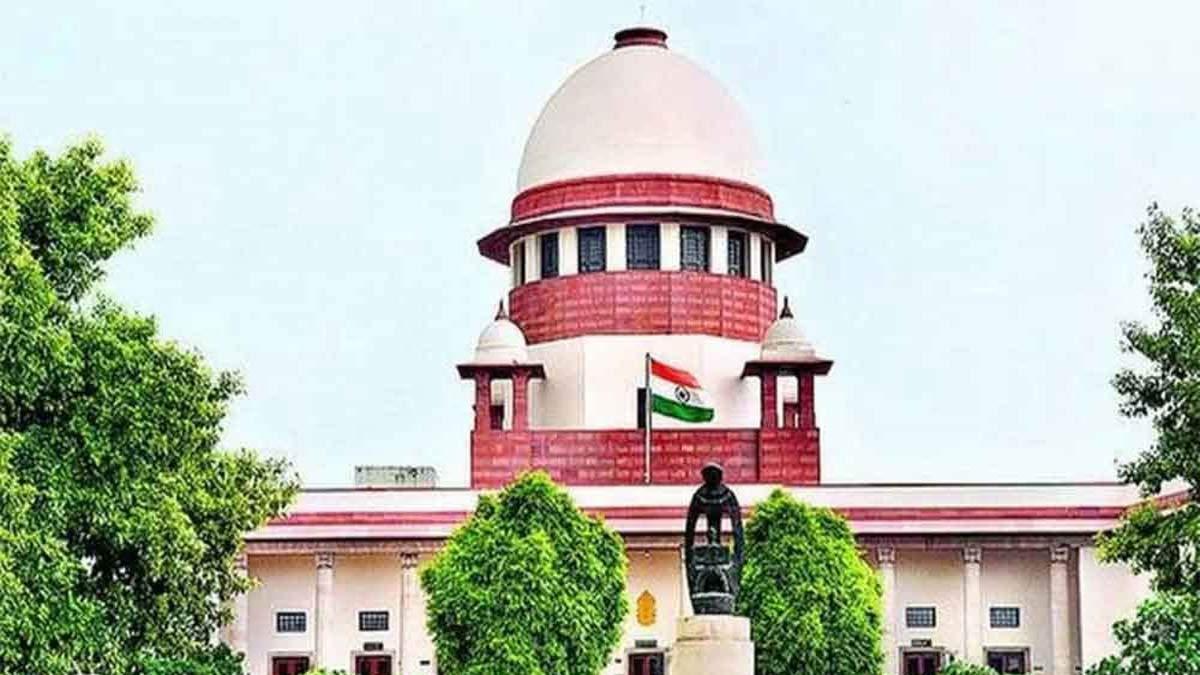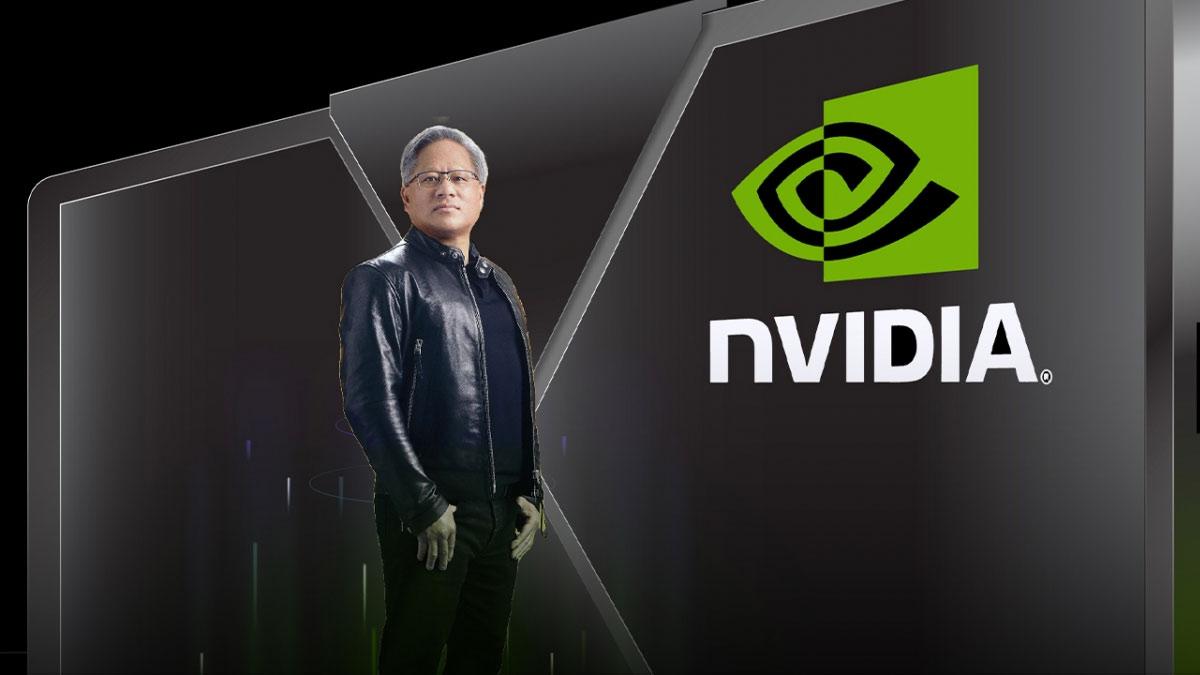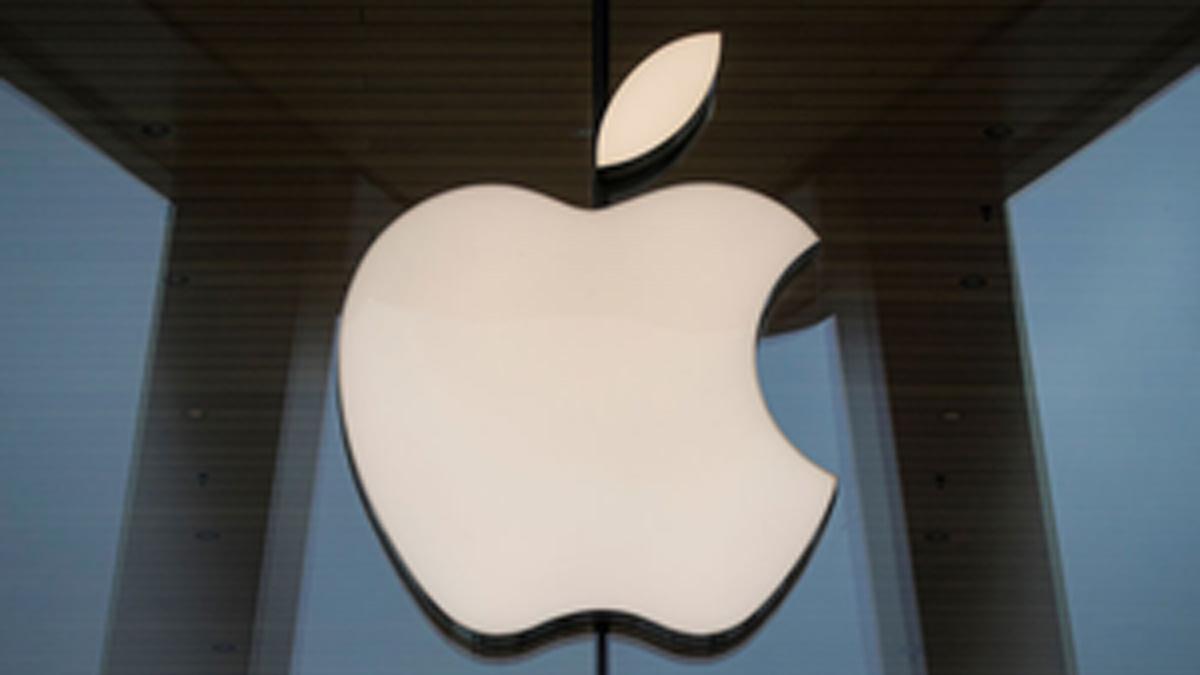The Supreme Court today refused to entertain a public interest litigation (PIL) seeking a direction to the Centre for the establishment of a proper board to monitor and manage content on different OTT and digital media platforms.
Dismissing the petition, a bench headed by CJI D.Y. Chandrachud said that the petition raised a "policy matter" that the apex court cannot adjudicate in the exercise of its power under Article 32 of the Constitution, empowering the Supreme Court to issue writs, directions or orders for enforcement of the fundamental rights of the citizens guaranteed under Part III of the Constitution.
"The problem is the kind of PILs we are now getting, we have no time to read genuine PILs. We are only reading PILs of this nature," observed the Bench, also comprising Justices J.B. Pardiwala and Manoj Misra.
The plea, filed by advocate Shashank Shekhar Jha, said that OTT and different digital media platforms have surely given a way out for filmmakers and artists to release content without being worried about getting clearance certificates from the censor board.
"The Union of India and Ministry of Information and Broadcasting (MIB) came up with IT Rules 2021 with an intention to self-regulate the OTT platforms, but the same has been inefficient. These unregulated portals are placing everything without any moderation, and common people sitting at home in India are witnessing the same which could eventually lead to numerous problems in the near future," it said.
The PIL prayed for the formation of an independent body/board, to be called a Central Board for Regulation and Monitoring of Online Video Contents (CBRMOVC) to monitor and filter the contents and regulate the videos on the various platforms for viewers in the country.
"The above-mentioned board must be headed by an IAS officer of secretary level and shall further have members from varied fields including movie, cinematographic, media, defence forces, legal field and field of education," it said, adding that all OTT platforms must comply with the regulations made by it.
Last November, the Union Ministry of Information and Broadcasting invited suggestions on the Broadcasting Services (Regulation) Bill, 2023, with an intention to replace the current policy guidelines including the Cable TV Networks (Regulations) Act 1995 and other existing policy guidelines related to broadcasting services such as DTH, OTT, and digital news platforms.
The draft bill proposes to make regulatory processes smoother, brings its purview to include Over-the-Top (OTT) content and digital news, and introduces current definitions and provisions for the emergence of newer technologies. "The Bill addresses a long-standing need to consolidate and update the regulatory provisions for different broadcasting services under one legislative framework," the I&B Ministry said, emphasizing the key highlights of the Bill. It stated that to keep in pace with the new emerging technologies and services, the bill proposed complete definitions for the existing broadcasting terms and provisions for advanced technologies in broadcasting.
Read also| India Set to Reach 1.2 Billion Smartphone Connections by 2030, Half 5G-enabled
Read also| India Ranks 6th Globally in GenAI Startup Share Among Major Economies


















